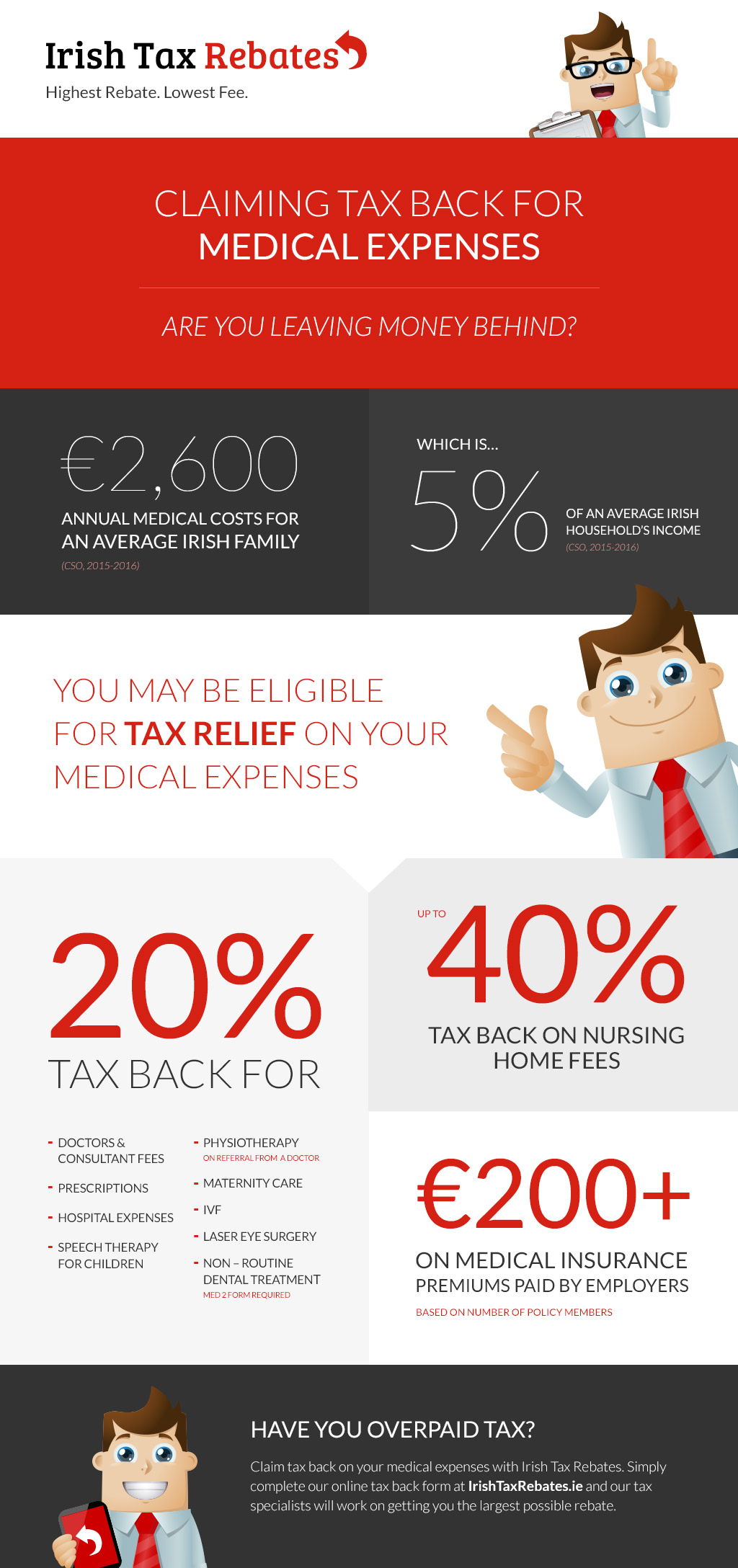Refractive Lens Exchange: An Extensive Overview To Enhanced Vision
Refractive Lens Exchange: An Extensive Overview To Enhanced Vision
Blog Article
Article Author-Mouridsen Noble
If you're over 40 and battling with vision problems like hyperopia or nearsightedness, Refractive Lens Exchange (RLE) could be worth thinking about. This treatment replaces your natural lens with an artificial one, possibly lowering your dependancy on glasses. While the benefits are appealing, it's vital to comprehend the risks and eligibility requirements. What should you understand before choosing that could alter your vision permanently? Let's explore this subject further.
Recognizing Refractive Lens Exchange
Understanding Refractive Lens Exchange (RLE) can be essential for those considering vision improvement alternatives.
click this is a procedure that changes your eye's all-natural lens with a man-made intraocular lens. It's primarily focused on fixing extreme refractive errors, such as hyperopia, nearsightedness, or presbyopia.
During the procedure, your specialist will remove your cloudy or clear lens and replace it with a lens tailored to your vision needs. This choice is usually thought about for people over 40 who might not appropriate candidates for LASIK.
By selecting RLE, you're not simply enhancing your vision; you're also possibly reducing your dependancy on glasses or contact lenses.
Understanding how RLE jobs will certainly equip you to make educated decisions regarding your vision health.
Advantages and Risks of RLE
Picking RLE not just offers an opportunity to enhance your vision yet additionally features its very own collection of advantages and threats.
One considerable benefit is the potential for more clear vision, decreasing or removing your dependancy on glasses or call lenses. You might additionally experience a broader range of vision, particularly if you select multifocal lenses.
Nevertheless, there are risks included, such as infection, issues throughout surgical procedure, or dissatisfaction with the results. Some clients experience visual disruptions like halos or glare.
It's important to consider these advantages and dangers very carefully. Consulting with your eye care specialist can help you make an educated decision that aligns with your vision objectives and way of life.
Qualification Standard for Refractive Lens Exchange
Prior to taking into consideration Refractive Lens Exchange (RLE), it's essential to identify if you meet the eligibility requirements. Normally, you're a good prospect if you more than 40 years old and have a stable prescription.
You should also be experiencing refractive errors like nearsightedness, hyperopia, or presbyopia. It is very important to have healthy and balanced eyes with no considerable illness, such as cataracts or glaucoma.
Furthermore, you ought to be in excellent total health and wellness and not have any problems that could influence healing, like unrestrained diabetic issues. If lensx cataract surgery wear call lenses, you may need to quit using them for some time before your analysis.
Consulting with an eye treatment professional will certainly assist you comprehend your particular scenario and whether RLE is right for you.
Final thought
In conclusion, refractive lens exchange can transform your vision and decrease your dependancy on glasses or contacts. While it provides many advantages, it's critical to understand the threats and ensure you satisfy the eligibility standards. Consulting with an eye care professional will certainly aid you make an educated decision customized to your requirements. If you're taking into consideration RLE, put in the time to discover your options and review any type of concerns, leading the way for clearer, more lively sight.
